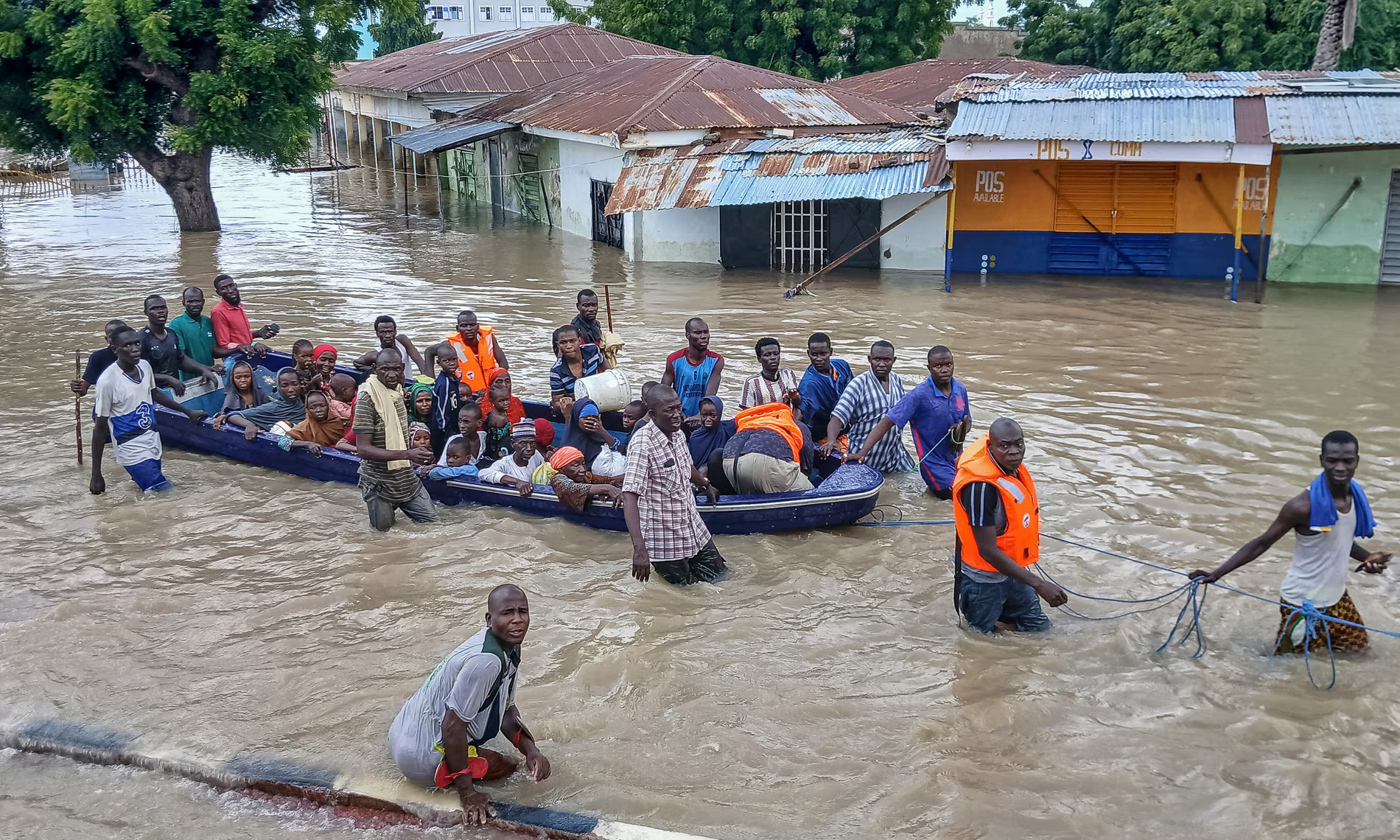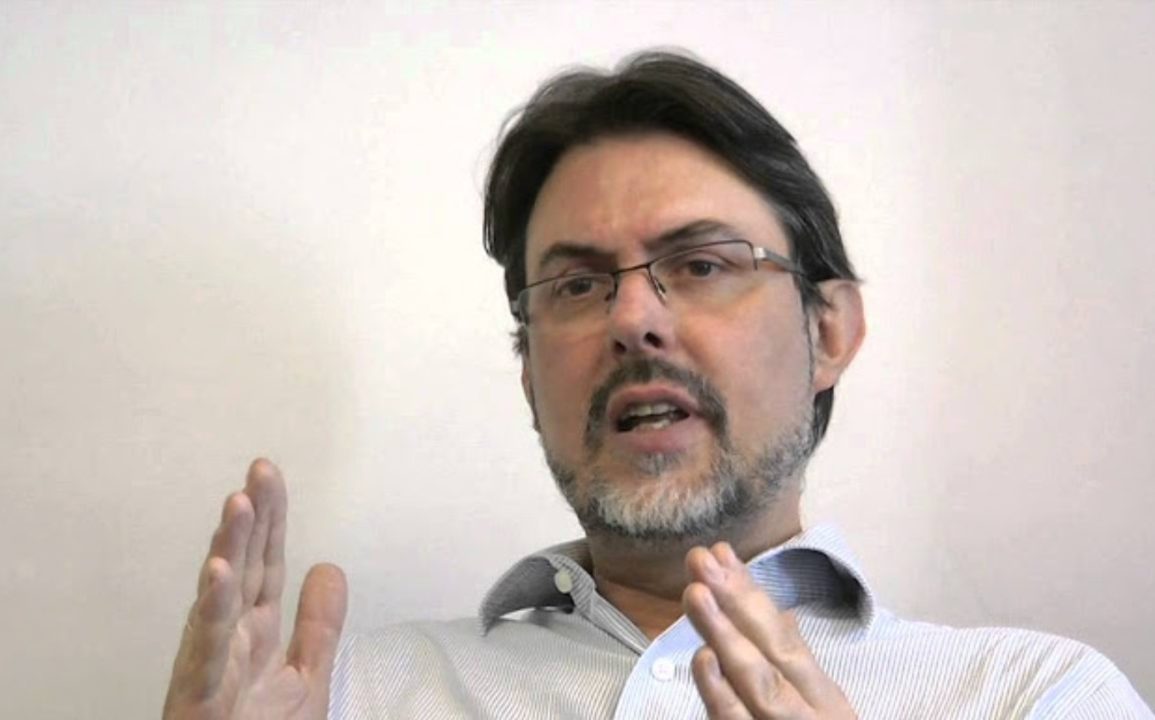Anatol Lieven, a scholar of geopolitics, argues that the climate crisis poses a far greater threat to global stability than rival powers like China and Russia. He highlights how risk analyses often downplay or ignore the dangers of climate breakdown, despite the catastrophic consequences it could bring.
A potential collapse of the Atlantic Meridional Overturning Circulation (Amoc), due to global heating and the melting Greenland ice cap, could radically alter the climate in Britain and Europe. Such an event would devastate agriculture and infrastructure, triggering economic hardship and migration, especially from Africa, further straining European societies.
Despite these looming threats, European governments, including the UK, fail to prioritize climate change in their external policies. Lieven notes that while climate change is acknowledged as an existential threat, there is no substantial action to mitigate it.
Instead, the focus remains on conventional security risks, such as conflicts with Russia, without recognizing the potential consequences these wars have on the climate. This neglect, Lieven believes, undermines the global response to climate breakdown, which is proceeding faster than many predicted and already causing extreme weather events, threatening food security, and desertifying parts of Europe.

Lieven critiques the inability of security elites and political leaders to objectively assess the climate threat due to entrenched institutional, cultural, and economic interests. The climate crisis is frequently compartmentalized, separate from traditional security concerns, allowing it to be overshadowed by immediate geopolitical tensions.
This was evident in the lead-up to the Ukraine war, where the impact of conflict on climate action was largely ignored. He suggests that both conservative and progressive factions have failed to make climate change the central issue it needs to be, focusing instead on more transient political issues.
The article emphasizes that if climate breakdown is not adequately addressed, the causes championed by progressives today, such as human and gender rights, will likely not survive in a world ravaged by societal collapse and famine. Additionally, Lieven argues that the climate crisis blurs the lines between democratic and authoritarian systems.
For example, liberal democracies like the U.S., Canada, and Australia are among the worst carbon emitters. It remains uncertain which political systems will be most resilient to the effects of global heating, further highlighting the need for coordinated global action.
To effectively combat the climate crisis, Lieven argues that difficult choices must be made, including rethinking military spending and international conflicts. He calls for a policy of détente with Russia and China, disengagement from Middle Eastern conflicts, and a focus on climate action over traditional geopolitical rivalries.
Without these painful adjustments, Lieven warns that the world risks failing on all fronts—climate action, military conflicts, and social welfare—leading to a future defined by increasing instability and disaster.

